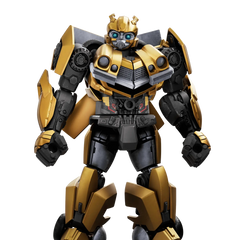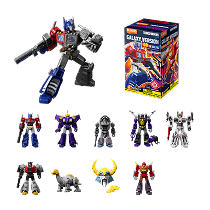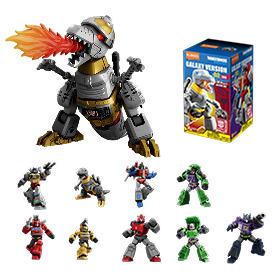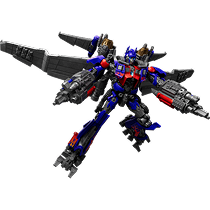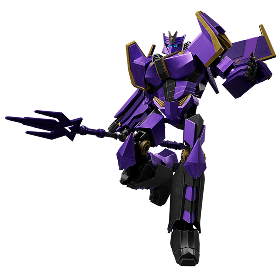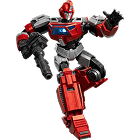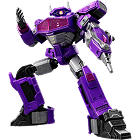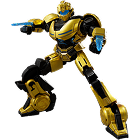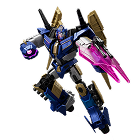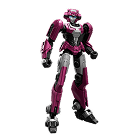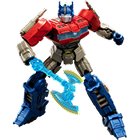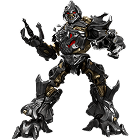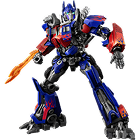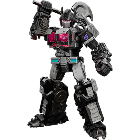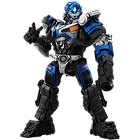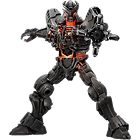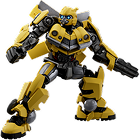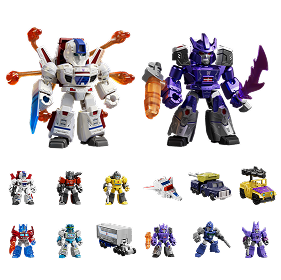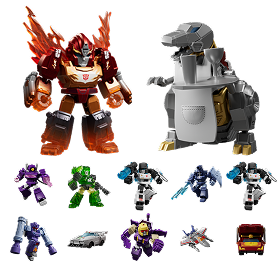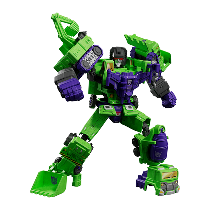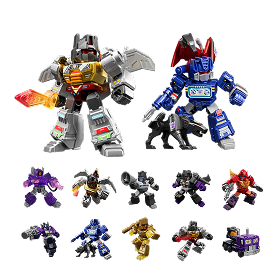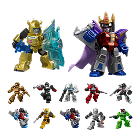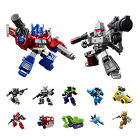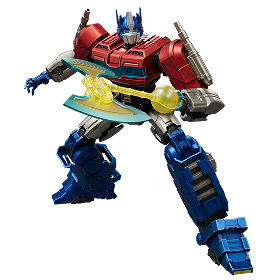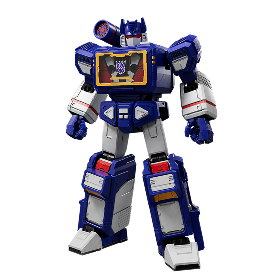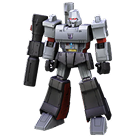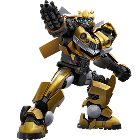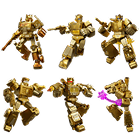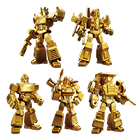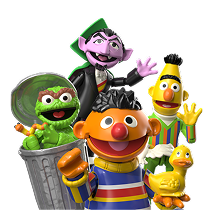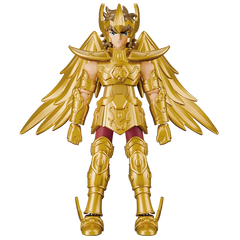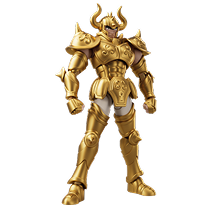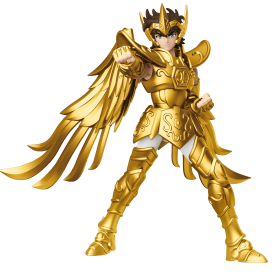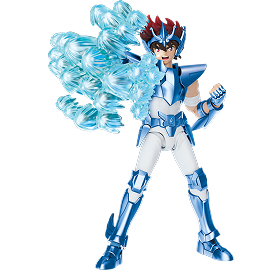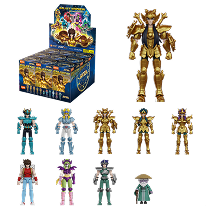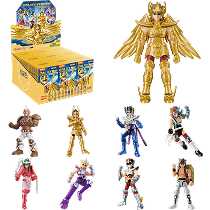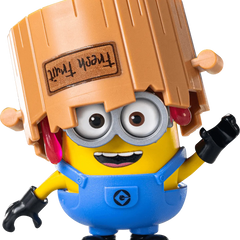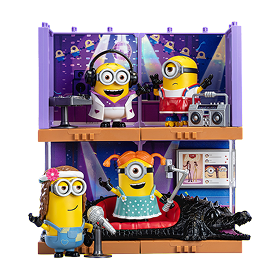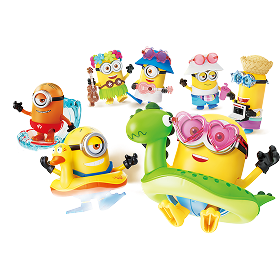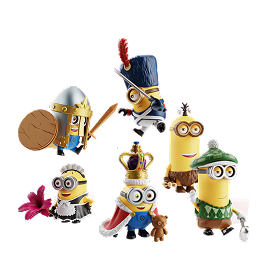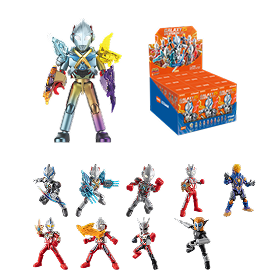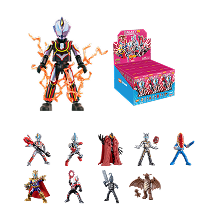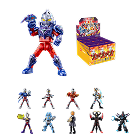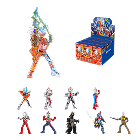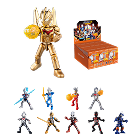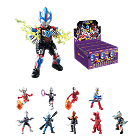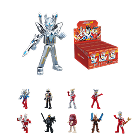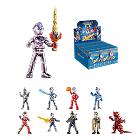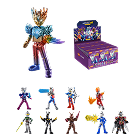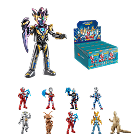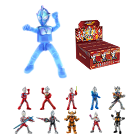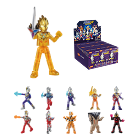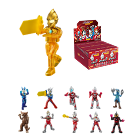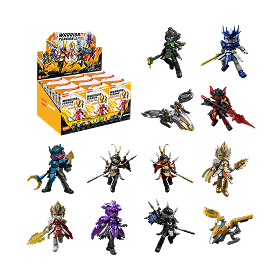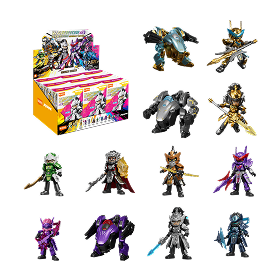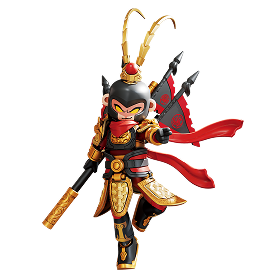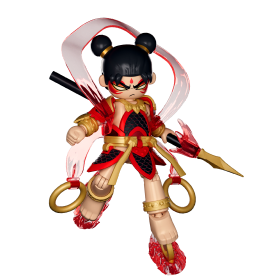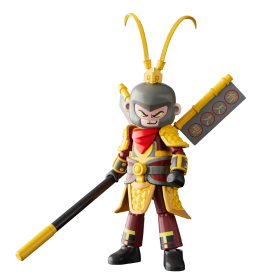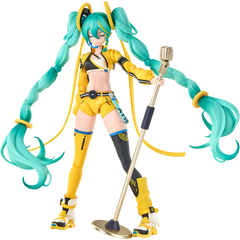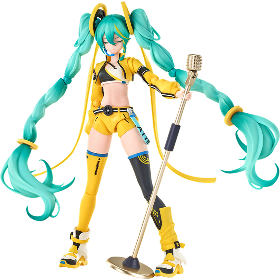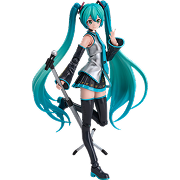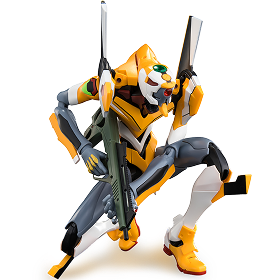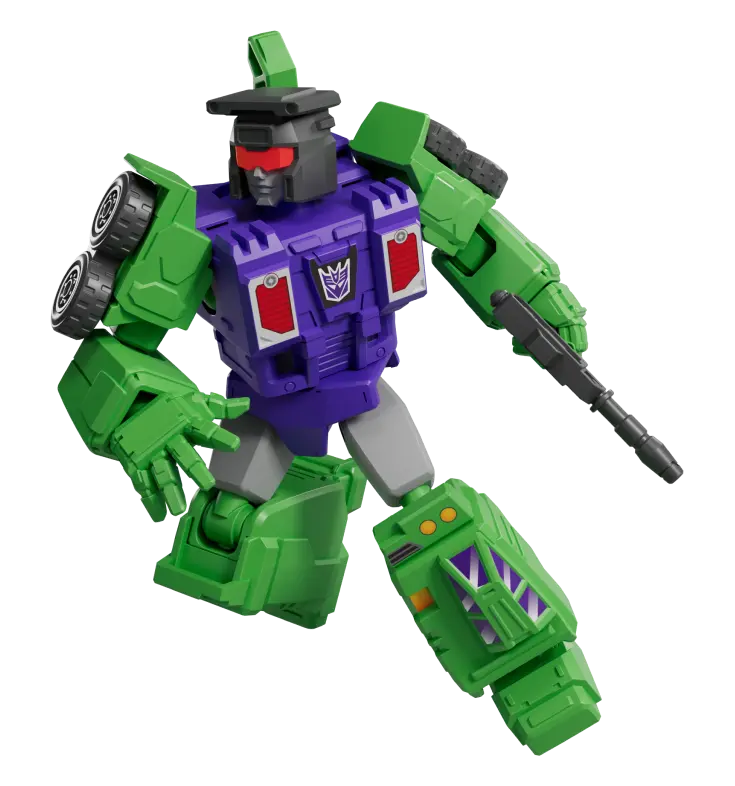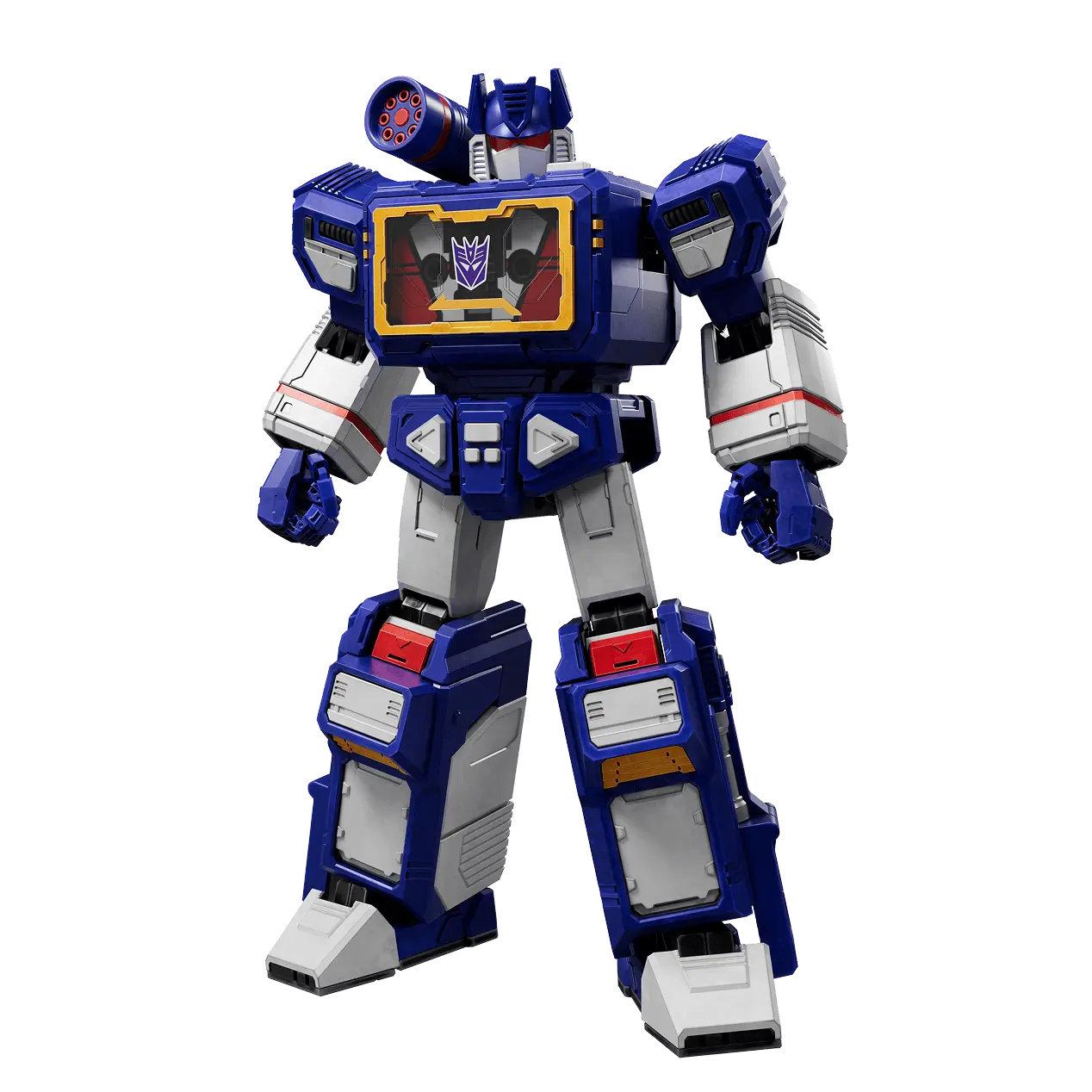Many fans ask: “Is Miku AI?”, “Is Hatsune Miku an AI?”, or “Is Miku AI or not?” Because the character Hatsune Miku performs like a pop star, uses voice synthesis, and appears in holographic concerts, it’s easy to see why. In this article, we’ll unpack what Miku is, what AI is, why Miku is not technically AI, and how this affects fans and collectors.
We’ll also show how you can celebrate Miku’s unique role with official toys from Blokees—including the Fantastics Series Hatsune Miku Vivid Echoes, Fantastics Series Sakura Miku, and Fantastics Series Hatsune Miku Official Outfit.
What Does “AI” Mean?
Before answering “Is Miku AI?”, it’s important to define AI.
- AI (artificial intelligence) refers to machines or software that can learn, adapt, and make decisions or predictions without explicit human programming for every step.
-
In contrast, voice synthesizer software might be a tool rather than an autonomous intelligence.
When fans ask “is Miku AI?”, they are wondering if she behaves like a self-learning digital being rather than a voice program.
What Is Miku? Overview of Her Technology
Hatsune Miku is a virtual pop idol and voice-synthesizer product developed by Crypton Future Media using the VOCALOID engine.
Key facts:
- Miku’s voicebank is built from recorded samples of the voice actress Saki Fujita.
- Creators use the VOCALOID software to input melody and lyrics and Miku “sings” them.
- She is a virtual idol and character persona, not an autonomous AI entity. Because of this, fans searching for “is Miku AI” should note that Miku is more like a specialized tool/persona than a self-learning intelligence.
Why the Confusion: Why People Think Miku Might Be AI

There are several reasons fans ask “is Hatsune Miku AI?”
- Virtual Pop Star Persona: Miku appears in holographic concerts, interacts with fans, and performs—behaviour we often associate with an AI.
- Voice Synthesis: Her singing is generated by software, thus sounding non-human, which leads to assumptions about AI involvement.
- Fan Creations & Remix Culture: Miku has tens of thousands of songs created by fans using her voicebank, leading to an impression of autonomous activity.
-
Misunderstanding of Technology: Many people use “AI” as a catch-all for any computer-generated voice or virtual character.
Despite these, multiple authoritative sources clarify that Miku is not AI in the strict sense. For example, a SlashGear article states:
“Obviously, Hatsune Miku is not a real person. Her voice is synthesized through the usage of a program called VOCALOID.” And a blog post notes:
“…Miku can be viewed more as technology than artificial intelligence. The technology behind her doesn’t run on machine learning or CPUs.”
The Technical Difference: Vocaloid vs AI
Vocaloid Engine
- A tool where users input melody and lyrics and synthesize a singing voice (like Miku’s).
- It uses predetermined samples of a voice and editing parameters (pitch, vibrato, etc.).
- It requires human input—user selects notes, words, etc.
AI Systems
- Use machine learning, large datasets, and often adapt or generate content autonomously.
-
Can learn from new data, make decisions, respond to new prompts, or evolve.
In short: Miku’s system is voice synthesis rather than artificial intelligence.
How This Affects Fans & Collectors

For Music Creators
If you’re using Miku to make songs, know that you are still orchestrating her performance—selecting lyrics, melody, and traits. She’s not deciding herself.
For Cosplay & Display
Recognizing that Miku is a virtual idol and not AI helps you treat her as a character persona—this helps in costume decisions, collecting and fan art.
For Collectible
Understanding Miku’s nature helps when choosing merchandise. At Blokees you’ll find the Hatsune Miku toys and specific editions like the Vivid Echoes and Sakura Miku, which celebrate her status as a virtual idol rather than AI.
For Fandom Culture
Miku’s uniqueness lies in being participatory, a tool and icon for fans to create with—not a standalone AI entity. You’ll see this in how fan art, music, and displays centre collaboration and creativity.
Miku’s Evolution & Future – Is AI Coming?
While Miku herself is not AI now, the broader ecosystem is evolving. Some points to note:
- Advanced voice technology: Some newer updates mention “Miku V6 AI” in development.
- Virtual idols and AI avatars: The line between voice tool, virtual idol, and AI influencer is blurring.
- For fans: It’s a good idea to stay informed about announcements from Crypton Future Media, but as of now Miku remains a VOCALOID product, not a self-learning AI.
Collectibles Highlight – Celebrating the Virtual Idol

Since Miku is a virtual idol, her and toy collections underscore that persona. Here are some collections worth exploring:
- Hatsune Miku Toys Collection – wide variety of for casual fans and collectors.
- Fantastics Series Hatsune Miku Vivid Echoes – premium capturing a dynamic stage pose.
- Fantastics Series Sakura Miku – seasonal cherry-blossom themed version of Miku.
-
Fantastics Series Hatsune Miku Official Outfit – classic look, ideal for fans of her original design.
By understanding that Miku is not AI, you can better appreciate her design, story and collectibles as part of a creative ecosystem rather than a machine identity.
Frequently Asked Questions
Is Miku AI?
No. While she is virtual and uses voice-synthesis software, she does not function as a self-learning artificial intelligence.
Is Hatsune Miku an AI voice?
Her voice is generated by the VOCALOID engine using pre-recorded samples; it is not generated by AI that learns or adapts independently.
Why do people think Miku is AI?
Because she performs, appears as a 3D avatar, and uses synthesized voice—traits often associated with AI—but the underlying technology differs.
Can Miku ever become AI in the future?
There is speculation and mention of new technology (“Miku V6 AI”), but as of now she remains a voice-synthesizer persona. Watch for official announcements.
How does this affect how I collect Miku or toys?
Knowing she’s a virtual idol clarifies how you display her and choose —it emphasises character and style, not machine intelligence.
Conclusion
While the question “Is Miku AI?” is valid given her virtual performances and synthesised voice, the correct answer is that she is not artificial intelligence in the conventional sense. Miku is a voice-synthesiser product, a virtual idol, and a creative platform that empowers fans—rather than an autonomous machine.
Understanding this distinction allows you to better appreciate her role and makes collecting and celebrating her even more meaningful. If you’re looking to join the fandom or expand your collection, check out the Hatsune Miku toys and premium that capture her persona as a pop-idol icon.






